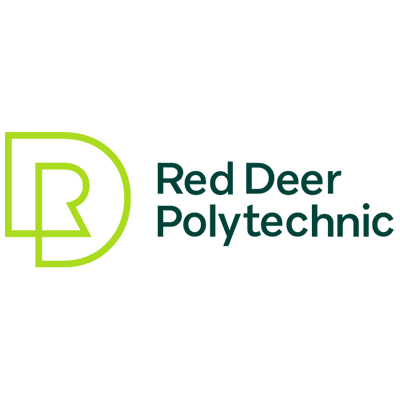When you know yourself, you can plan your career and education based on what's important to you: your interests, abilities, values and experiences.
There was an error. Please try again.
This page is already listed in your guide. Please choose a different page to add.
UT: Bachelor of Arts Economics

Red Deer Polytechnic
rdpolytech.ca
100 Donald Blvd
Red Deer, Alberta, T4N 5H5, Canada
-
Program Type University Transfer
-
Credential Type Non-Credential
-
Length 2 Years
- Part Time Only
- Cooperative Education
- Continuing Education
- Distance Learning
1. Minimum average of 60% with no mark below 50% in:
a. ELA 30-1
b. 4 courses from Groups A, B, or C (Social Studies 30-1 and a 30-level Language Other than English highly recommended), with no more than one course from Group B
Note: Some universities require Math 30-1 for admission or as a prerequisite for required courses. Transfer students are responsible for learning the specific admission, progression, and prerequisite requirements of their programs.
OR
2. Mature Student
You must be 19 years of age or older, out of high school at least one full year before the program starts, and have a minimum average of 60% with no mark below 50% in:
a. ELA 30-1
b. Subject from Group A, B, or C
OR
3. Successful completion of one year of a diploma program and Associate Dean approval.
Students should be aware of the following:
-
whether or not Math 30-1 is required for admission or as a prerequisite varies depending on transfer destination
-
students without Math 30-1 may limit their eligibility to some majors or institutions
- this recommendation applies only to Bachelor of Arts majors available at RDC and Math 30-1 specifically. For other 30-level admission or prerequisite requirements, or for admission to other degrees, please refer to the appropriate university calendar.
This program is eligible for full-time post-secondary assistance by Alberta Student Aid for the funding year 2025/08/01 to 2026/07/31*.
-
Tuition $6,628.00 Year One
-
Mandatory Fees $2,022.00 Year One
-
Books/Supplies/Instruments $1,600.00 Year One
* Tuition, books, supplies, instruments, and other/mandatory fees are provided to Alberta Student Aid and may be used when processing full-time post-secondary funding applications. The educational costs provided are based on a 100% full-course load and may not reflect current or all educational costs charged by the school. Contact the school to obtain accurate educational cost information.
Search Transfer Alberta for course and program transfer information including transfer agreements between post-secondary schools in Alberta, British Columbia, Northwest Territories, Nunavut and Yukon.
Transfer(s) available outside of Transfer Alberta: Yes
Updated September 12, 2022. The information contained in this profile is current as of the date shown.
Educational program information is provided as an introduction and for general reference. For current information about programs and school requirements or policies, check the school calendar, visit their website or contact the school directly.
The Government of Alberta is working in partnership with the Government of Canada to provide employment support programs and services.

